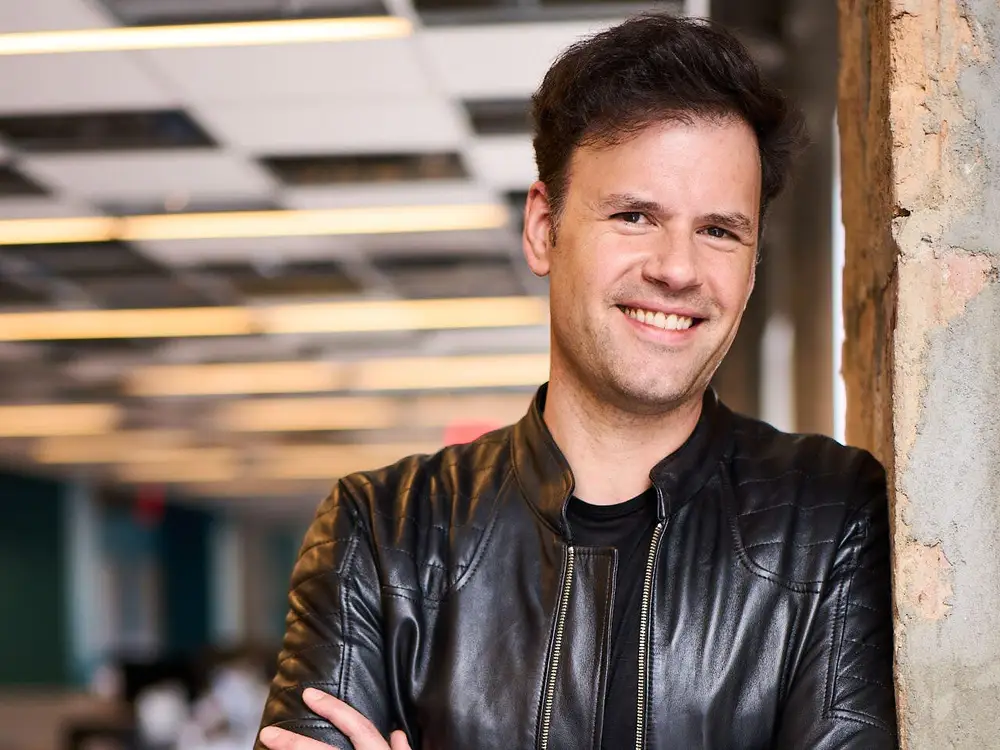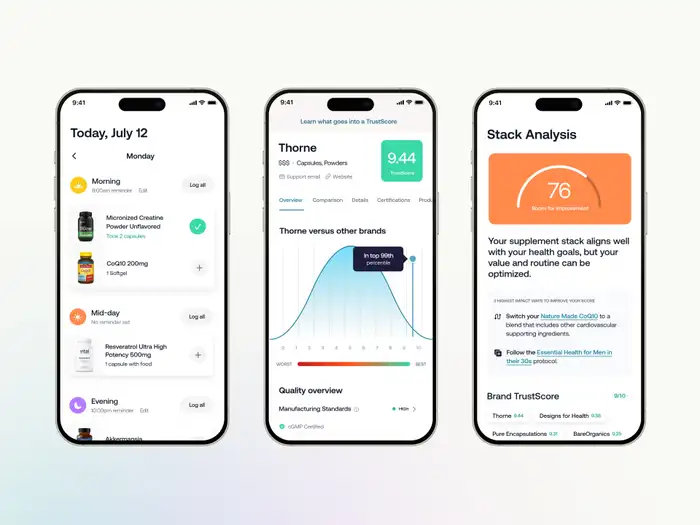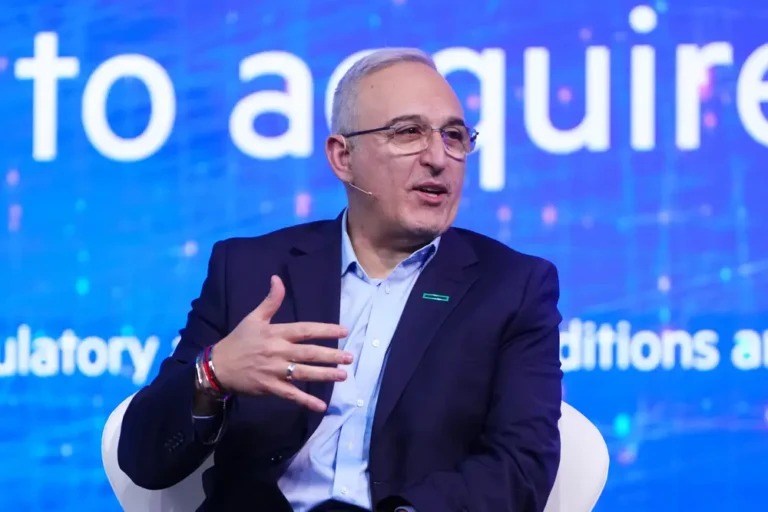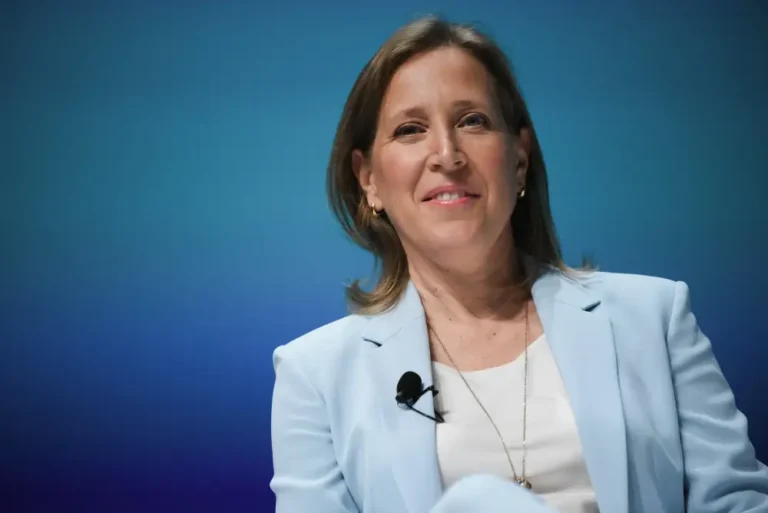Exclusive: The cofounder of GroupMe and Splice is taking on the $180 billion supplement industry with new startup SuppCo

SuppCo is Steve Martocci’s latest consumer business, following successful brands such as GroupMe and Splice.
When Steve Martocci was still living in New York, the then-29-year-old GroupMe cofounder wanted to plan a date at the ultra-exclusive speakeasy Please Don’t Tell.
Getting a reservation at Please Don’t Tell was no easy feat. New Yorkers hoping to sip cocktails at the East Village joint hidden behind a phone booth had to call right as the bar opened, and beat out the others doing the same, for any chance at a table.
Martocci decided to solve his problem with code. He wrote a script that created dozens of phone numbers to call the bar’s reception and then converge those lines into a conference call when an employee picked up one of the calls. His plan worked — he got the reservation, and then shared the application around to his friends for good measure.
“I only work on things that I really want to exist,” he laughed.
It’s the same approach he’s applied to the past three companies he’s started: GroupMe, Blade, and Splice. GroupMe, which he built in TechCrunch Disrupt’s 24-hour hackathon, sold to Skype a year after its creation for $85 million when Martocci was 27. His second company, music production platform Splice, where Martocci spent eight years as CEO, has raised $160 million in venture capital, according to PitchBook. He also helped build the helicopter taxi company Blade, which went public in 2021.
So when, at a dinner party, Martocci’s friend said she’d spent four hours that day organizing her supplements — after Martocci had been struggling with his own health and building up a corresponding supplement routine for years — his wheels started spinning.
Today, Martocci is unveiling his latest venture: an app that helps people find consumer-trusted supplements, create and manage supplement routines, and track their health progress over time.
The startup, called SuppCo, just raised a $5.5 million seed round co-led by Union Square Ventures and True Ventures, and including BoxGroup and Compound.
Martocci and his cofounder, Nick Michlewicz, are tapping into a complex, ever-growing market for dietary add-ins, including everything from Vitamin C to herbs to probiotics. It’s a space wrought with criticism and flooded with cash — some estimates value the global dietary supplements market at $180 billion or more.
Martocci’s goal, he told B-17, is to help consumers take control of their health. Whether the consumer is a biohacker like Bryan Johnson or your average Joe looking for a health tune-up, Martocci said, “SuppCo is for you.”
Union Square Ventures and True Ventures both previously invested in Splice. True Ventures’ Adam D’Augelli called Martocci “one of the best consumer product, zero-to-one founders of the past 20 years.”
When Steve Martocci was still living in New York, the then-29-year-old GroupMe cofounder wanted to plan a date at the ultra-exclusive speakeasy Please Don’t Tell.
Getting a reservation at Please Don’t Tell was no easy feat. New Yorkers hoping to sip cocktails at the East Village joint hidden behind a phone booth had to call right as the bar opened, and beat out the others doing the same, for any chance at a table.
Martocci decided to solve his problem with code. He wrote a script that created dozens of phone numbers to call the bar’s reception and then converge those lines into a conference call when an employee picked up one of the calls. His plan worked — he got the reservation, and then shared the application around to his friends for good measure.
“I only work on things that I really want to exist,” he laughed.
It’s the same approach he’s applied to the past three companies he’s started: GroupMe, Blade, and Splice. GroupMe, which he built in TechCrunch Disrupt’s 24-hour hackathon, sold to Skype a year after its creation for $85 million when Martocci was 27. His second company, music production platform Splice, where Martocci spent eight years as CEO, has raised $160 million in venture capital, according to PitchBook. He also helped build the helicopter taxi company Blade, which went public in 2021.
So when, at a dinner party, Martocci’s friend said she’d spent four hours that day organizing her supplements — after Martocci had been struggling with his own health and building up a corresponding supplement routine for years — his wheels started spinning.
Today, Martocci is unveiling his latest venture: an app that helps people find consumer-trusted supplements, create and manage supplement routines, and track their health progress over time.
The startup, called SuppCo, just raised a $5.5 million seed round co-led by Union Square Ventures and True Ventures, and including BoxGroup and Compound.
Martocci and his cofounder, Nick Michlewicz, are tapping into a complex, ever-growing market for dietary add-ins, including everything from Vitamin C to herbs to probiotics. It’s a space wrought with criticism and flooded with cash — some estimates value the global dietary supplements market at $180 billion or more.
Martocci’s goal, he told B-17, is to help consumers take control of their health. Whether the consumer is a biohacker like Bryan Johnson or your average Joe looking for a health tune-up, Martocci said, “SuppCo is for you.”
Union Square Ventures and True Ventures both previously invested in Splice. True Ventures’ Adam D’Augelli called Martocci “one of the best consumer product, zero-to-one founders of the past 20 years.”

SuppCo’s app helps people create and manage supplement routines for their health goals.
Building consumer trust
Martocci first started taking supplements after GroupMe sold to Skype, when he was struggling with his health and weight. Working with a functional medicine doctor, getting regular lab work, and undergoing plenty of trial-and-error, Martocci began incorporating over a dozen supplements into his daily routine and tracking them all in a spreadsheet.
The majority of US adults regularly take dietary supplements. But supplements aren’t regulated in the US like other drugs are. Companies can start selling supplements often without even notifying the Food and Drug Administration, and the onus is on the agency to find and crack down on bad actors already in the market.
That’s where SuppCo’s TrustScores come into play. The startup says it’s collected data on over 500 popular supplement brands, reviewing over 160,000 products on attributes, including their total ingredient lists and consumer reviews. Martocci said the startup plans to keep adding to those analyses, including by evaluating ingredients added into certain products that aren’t the supplements themselves.
SuppCo cofounder Michlewicz previously cofounded two supplement companies, WellPath and Grummies. His knowledge of the industry was instrumental in designing and researching the TrustScores, Martocci said.

SuppCo is Nick Michlewicz’s fifth company, according to his LinkedIn. He previously cofounded supplement startups WellPath and Grummies.
Martocci is particularly excited about the community aspect of the app. SuppCo wants users to be able to share their routines and health data with their clinicians and connect with other consumers about what’s worked for them.
“People take vitamins and supplements; they’ve always done that. But there hasn’t really been a way to do that with, one, a good database to track what you’re doing, and then more importantly, the ability share it and collaborate with other people,” said Andy Weissman, managing partner at Union Square Ventures. “That way, you could probably solve a large part if not all of the kind of issues you’re discussing, which are, is this good? Has anyone taken this? Is this good for me?”
In the coming months and years, Martocci said SuppCo plans to use AI to comb through supplement research to strengthen the TrustScores, as well as to work with more experts, including doctors, scientists, and nutritionists.
Right now, the beta version of SuppCo’s app is free to everyone. While Martocci wouldn’t disclose the details of how he wants SuppCo to make money, he says his goal is to create a “co-op-like membership model” that rewards the app’s users for sticking to healthy habits over time.
He clarified that SuppCo will never sell its users’ data, and won’t rely on ad revenue or notch partnerships with supplement companies. Martocci said he sees an opportunity to tap into the massive market with a new model that works with its customers rather than against them.
“I know there are really unique challenges in health, and there’s going to be so much to deal with, but if anyone is prepared — having done what we did in music creation and building an incredible business there on the consumer side — I’m ready. I’m up for the challenge,” he said.






